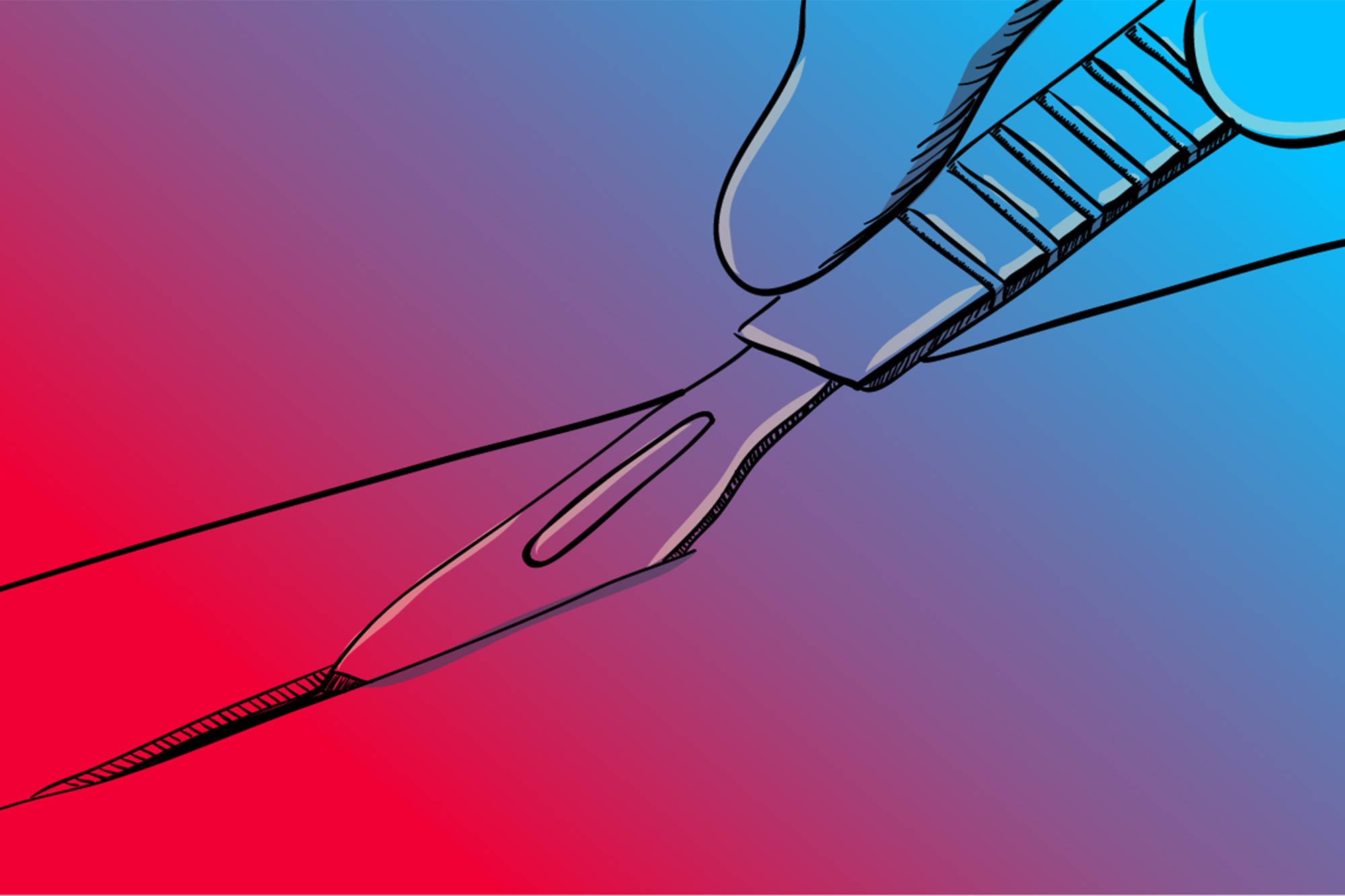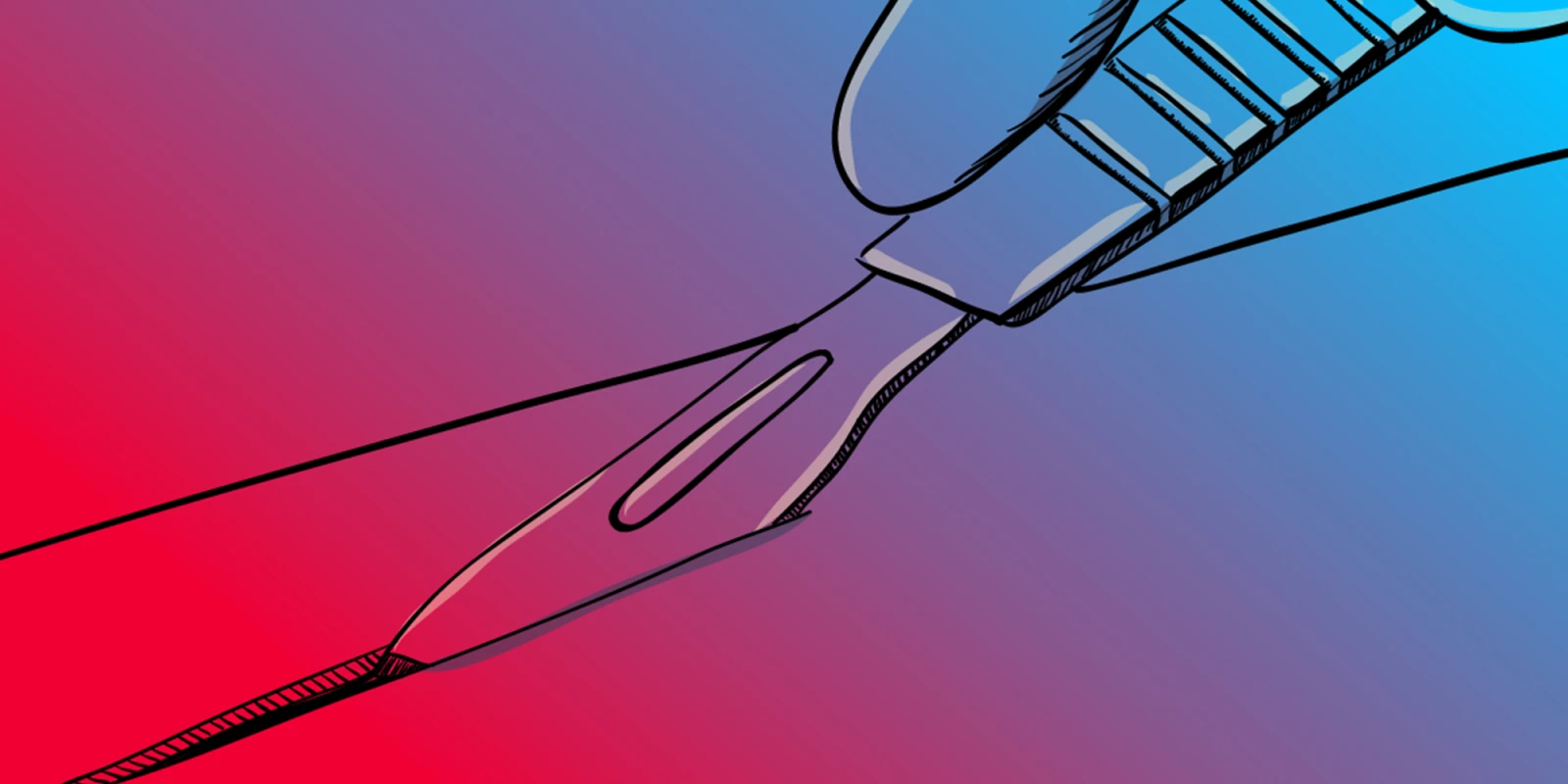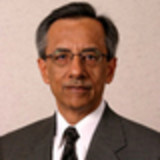 Historians and researchers Timothy Brook, Gregory Blue, and Jérôme Bourgon have written about “lingchi,” or slow slicing, which was a form of slow torture and death practiced in ancient China in the 10th century. Though not quite as gruesome, this is akin to a vascular surgeon facing major postoperative complications time and time again in a career dealing with an elderly atherosclerotic population with multiple comorbidities.
Historians and researchers Timothy Brook, Gregory Blue, and Jérôme Bourgon have written about “lingchi,” or slow slicing, which was a form of slow torture and death practiced in ancient China in the 10th century. Though not quite as gruesome, this is akin to a vascular surgeon facing major postoperative complications time and time again in a career dealing with an elderly atherosclerotic population with multiple comorbidities.
Although the term “burnout” had been defined, it was not commonly used at the time. With progressing cervical arthritis, I ended up walking away from arterial procedures at a much earlier age than planned, partly from fear of short-cutting surgical procedures and causing harm.
One of the earliest complications I faced was a patient’s stroke after an uneventful carotid endarterectomy. As I recall, I performed the procedure with great care; I was trying to establish my reputation as a solo private practitioner at the time. The call from the recovery room within an hour was brief, informing me that the patient was somnolent, aphasic, and unable to move the contralateral side. I still remember the sinking feeling I felt in the pit of my stomach to this day. Over the years, this feeling often recurred after surgeries I performed that resulted in a patient having a transient ischemic attack or stroke or graft occlusion. I dealt with these episodes calmly on the outside, but inside, the pain of these episodes was building.
The pain of those moments finally hit its peak 20 years later, when I received a call at 2 a.m. for a ruptured aneurysm after a long operating day. I immediately started cursing after hanging up the call. My wife heard this but stayed quiet. She knew this was unlike me. The next day, she said, “So tell me again why you are still doing this.” She forced me to deal with something I was wrestling with. How do I slow down, operate less, work less, and take a pay cut? What will my peers think? What about the big financial hit to my family’s income? What about the academic progress? Will I miss my patients? How do I plan an alternative future? My wife, a counselor, said that “this” was unsustainable.
Have I had some regrets since leaving clinical practice behind? Yes, some. The financial aspect did not bother me as much, and only did so when I was calculating how much I had left on the table. I did miss my patients. Not a week goes by that I do not dream about being in the operating room. Despite moving to a full-time academic role, my academic future still got derailed. When you are no longer “full-time,” you are no longer part of the club. In many ways, I was shut out, even though my academic production had ramped up significantly and almost doubled over the past fifteen years.
The advantages, however, were huge. A big load came off my shoulders. The term “time poverty” started to mean something. Whenever my family needed a hand, I found myself pitching in and creating memories with them.
For others who find themselves in a similar position to the one I was in, there is an opportunity to pursue hobbies and passion projects. A former resident of mine, for example, began to write fiction related to health scares. Several of my former residents now work for industries ranging from biotechnology to pharmaceuticals. In an academic environment, an honorary appointment at a teaching hospital may be available, involving mentoring residents and junior faculty. These roles are in demand and much appreciated. Other doors will open. My interests led me to explore minority health, music, and scientific as well as business knowledge dissemination. And meaningful volunteering has become a real possibility.
Still, what I have not forgotten is that sinking feeling in the pit of my stomach. I empathize and identify with younger surgeons when they face devastating complications, which usually have nothing to do with their cognitive or technical skills. I advise them to keep a long-term perspective, however difficult it may be. To that end, I suggest keeping notes and thank you cards from patients in a folder, which will be necessary for dealing with particularly bad days. A few years ago, I started looking through the folder I had saved and came across a half-opened envelope from 25 years ago containing a thank you card fitted with a $50 bill.
I also recommend physicians take every vacation day due them to recharge, pick up recreational habits, and meditate. From a work perspective, tracking complications can help surgeons build a long-term perspective. As founder of a physician group, I gave my colleagues their own outcomes for index procedures every January. This not only created a competitive spirit to review indications and improve results but gave each of us a long-term view and confidence that our results matched the best of outcomes reported.
In addition, I suggest surgeons take advantage of being in a group practice where they can share outcomes freely, lean on senior associates liberally, and ask for assistance with complex cases. It was my group’s practice to scrub in with new partners in the first few cases and for all complicated cases during the first month, or more as needed.
The concept of part-time surgeons seems foreign to the surgical culture. And yet, later on in our careers, most surgeons take long periods of time off and have associates cover for us. This can keep us healthier and in the workforce longer. It should be acceptable for us to admit when we cannot stay healthy absorbing a thousand cuts. It should be acceptable for us to step back from full-time clinical work before real consequences of burnout, such as depression and suicidal thoughts, result.
Dr. Bhagwan Satiani is professor of clinical surgery in the Division of Vascular Diseases and Surgery at Ohio State University. He blogs at www.savvy-medicine.com.
Illustration by Yi-Min Chun







